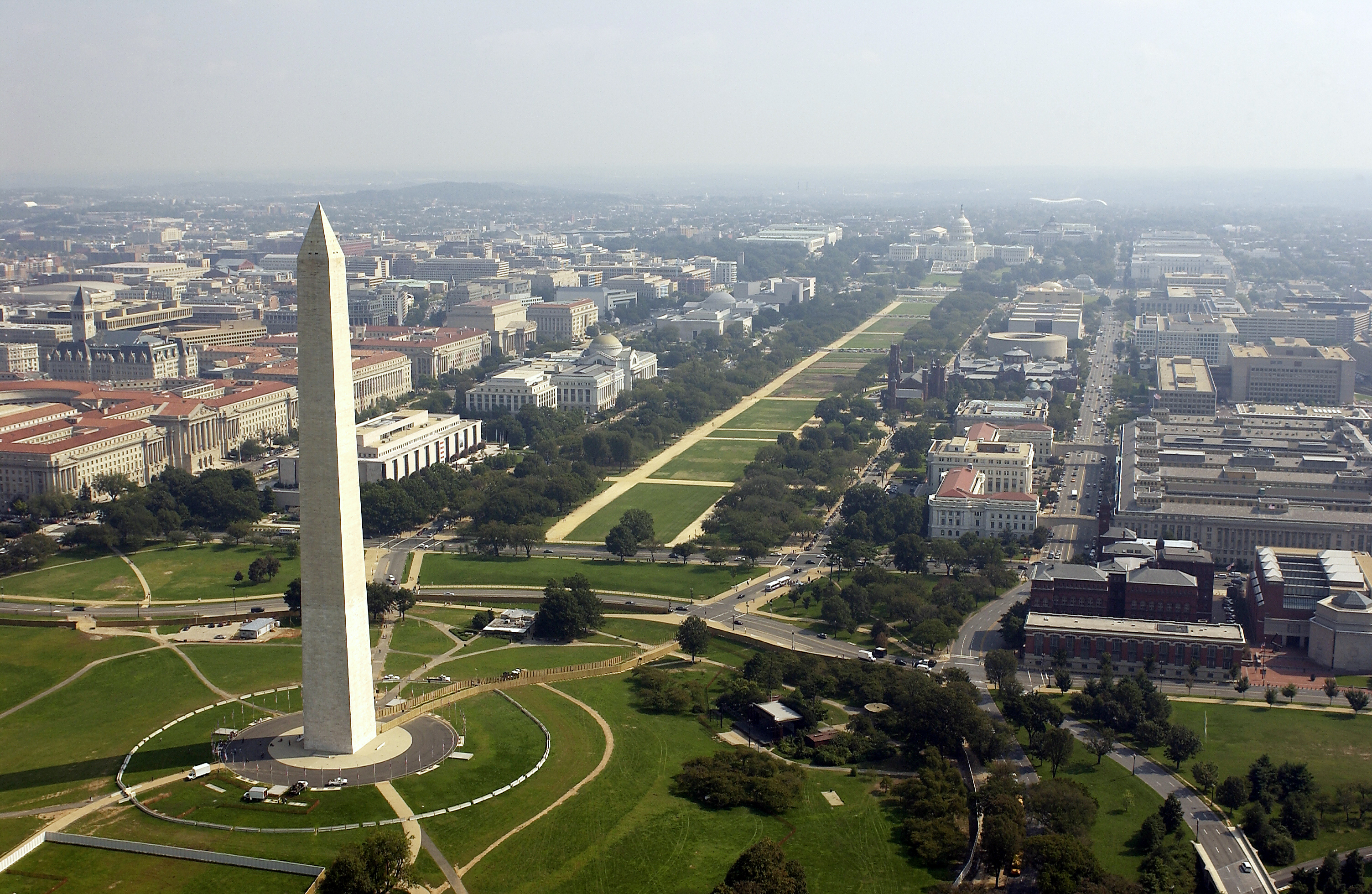Mr Kwarteng goes to Washington: Business Secretary heads Stateside to lure nuclear investors

Kwasi Kwarteng will fly to America next week and hold talks with Jennifer Granholm, the US energy secretary, in Washington DC.
The Business Secretary is hoping to attract US investors to new domestic nuclear plants, as the UK aims to reduce its reliance on China for building reactors across the country.
A Whitehall source told The Sunday Telegraph that Kwarteng was “keen to strengthen cooperation with the Americans on energy security”.
This follows Downing Street unveiling plans to nearly quadruple nuclear power generation from 7GW to 24GW over the next three decades.
The ramp-up is part of the government’s recently released energy strategy, which also includes significant boosts to renewable energy and North Sea oil and gas exploration, as the UK aims to reduce its reliance on overseas suppliers after Russia’s invasion of Ukraine.
As part of a ‘big new bet’ on nuclear, Johnson has called for a new reactor to be approved every year over the course of the decade.
However, Kwarteng is reportedly concerned that the UK has become too reliant on two major players in the nuclear market – China General Nuclear, a Chinese state-owned energy giant, and EDF, which is owned by the French state.
The source said: “We want British and American companies to pile in the cash to get our nuclear renaissance off the ground. The Business Secretary is keen to work with safe and reliable investors from like-minded countries and hug them close.”
Last November, the Business Secretary brought in the Nuclear Financing Bill, which allows nuclear power plants to be funded through public money during the initial building stage, which will then be added to energy bills at less than £1 per month.
The intention is to ensure projects get up and running, before attracting domestic investors to complete projects.
The government has pushed CGN out of its 20 per cent stake in Sizewell C – snapping up its own 20 per cent stake with EDF holding a further 20 per cent stake.
It is aiming for the remaining 60 per cent to taken up by infrastructure investors and pension funds.
Ministers are hoping to raise more than £10bn in private capital to fund the new project, but the government has delayed a final decision on the plant until July.
The site has been contested locally due to environmental concerns, while Whitehall is weighing up its hefty £20bn construction cost.
Government plans on nuclear begin to materialise
If approved, Sizewell C will be the second light water reactor to begin construction this decade, with Hinkley Point C set for completion by 2025.
The 3.2GW power station is identical to the proposed Sizewell C plant, and the government is also backing Rolls-Royce’s plans to build small, modular reactors across the country.
The new projects will be key to maintaining nuclear’s role in the UK energy mix, with six reactors set for closure by 2035.
Currently, nuclear power is responsible for 16 per cent of the country’s energy generation, with government now targeting for the energy source to power 25 per cent of the UK’s energy needs.
Alongside nuclear investment, Kwarteng and Granholm are also expected to discuss the possibility of the US unloading more liquid natural gas at British terminals.
This would then be exported to Europe through two gas interconnectors, as part of plans to reduce the EU’s reliance on energy from Russia.
Last week, US investment bank Stifel revealed UK gas prices have weakened and diverged from Europe’s spiralling rates due to a domestic gas glut.
This is a consequence of the UK developing into a trans-shipment point for the flotilla of US tankers which have kept European supplies topped over the past six months amid supply shortages.
This has created a temporary surplus of gas in the UK, and a widening difference in spot gas prices between the UK and Europe.
In an investment note Chris Wheaton, managing director at Stifel explained: “The rate of LNG imports has exceeded the ability of the interconnector pipelines to export gas, leading to an imbalance in gas supply and demand in the UK, amplified by the UK’s lack of meaningful gas storage capacity compared to other European gas consumers.”
The UK has been in surplus since November, although Stifel forecasts the surplus is “temporary”, noting exports have significantly outweighed imports in recent weeks and that marginal flows are still expected to flow to Asia and Europe.